SJI Grantee Spotlights

State Courts Response to Opioids and the Impact on Children
What if families facing a crisis could receive support before entering the court system? In 2019, the National Center for State Courts received funding to identify promising practices in state and local courts that aim to prevent removal through non-adversarial collaborative team approaches and timely access to treatment and services. The Family Preservation Initiative (FPI) in Rutherford County, Tennessee was one of the standout programs identified.
FPI transforms how communities support families by intervening before circumstances escalate to court involvement. When families experience challenges likely to result in a juvenile court petition, FPI staff step in to build relationships, learn about each family’s unique strengths and needs, and connect them to resources and services. This individualized approach keeps children safely with their families while providing the entire family with the support needed to overcome obstacles.
Referrals come from law enforcement, schools, community organizations, and families themselves. Families involved in FPI are not under court supervision; however, the court’s backbone support for the program helps build and sustain community partnerships essential for its success. By intervening early, FPI prevents family separation, minimizes trauma, and provides crucial support when families need it most. The documentary, “Together We Thrive: Championing Prevention Efforts with Tennessee’s Family Preservation Initiative,” offers a powerful look at FPI through the eyes of the families and professionals involved in the program. Their stories demonstrate how family-centered and prevention-focused approaches can create positive changes for children, families, and communities.
“What we really hope is that this would become the new norm, that this wouldn’t be just a pilot or a program or in a few places dotted around the county. But this would become the way that people want to intervene much sooner so that children never become part of the system.”
-Deborah Taylor Tate, Former Director, Tennessee Administrative Office of Courts
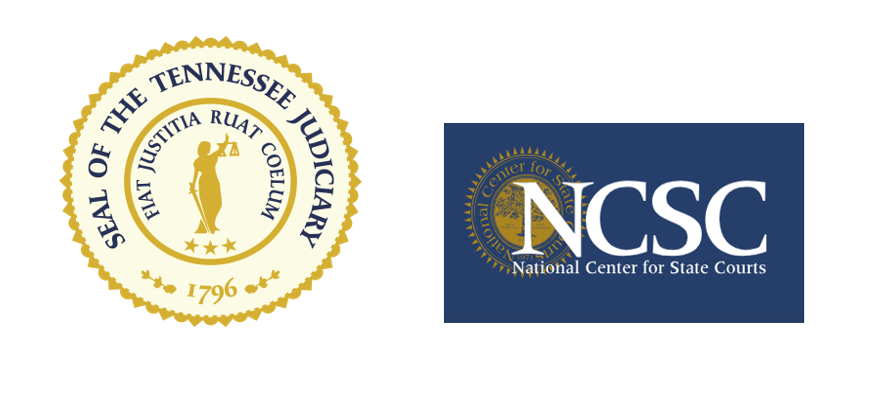
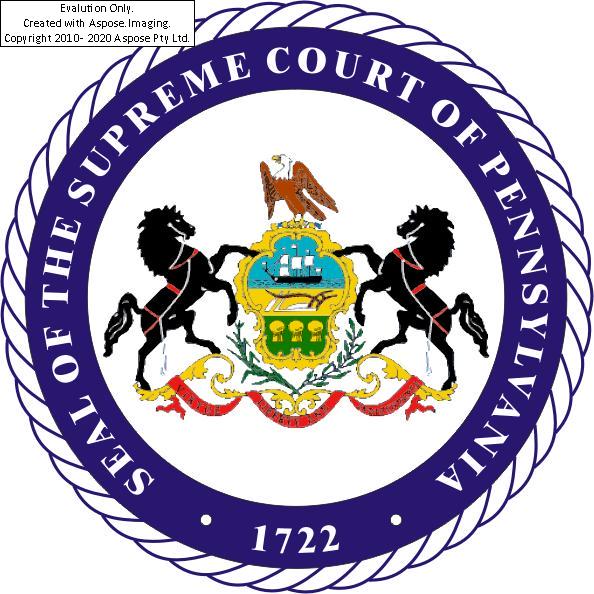
Leveraging National Open Data Standards (NODS) to Strengthen Civil and Family Court Data
December 1, 2023
The Administrative Office of Pennsylvania Courts (AOPC) is applying the technical and business definitions of the National Open Data Standards (NODS) to resolve enduring, and common, obstacles to collecting good civil and family court data. Developed by the Conference of State Court Administrators and the National Center for State Courts (NCSC), NODS is intended to …
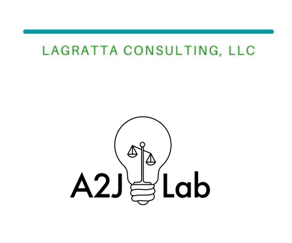
Evaluating the Impact of Virtual Proceedings in Family Law Matters for Self-Represented Litigants
November 1, 2023
The Access to Justice Lab at Harvard Law School and LaGratta Consulting LLC are conducting a randomized control trial examining the effects of in-person versus remote hearings for self-represented family law litigants in the 3rd Judicial District Court of Utah (Salt Lake County). The project intends to examine case outcomes and litigant experience in both …

Tennessee Administrative Office of the Courts: Medical Debt Online Dispute Resolution Pilot
October 1, 2023
In 2020, the Tennessee Administrative Office of the Courts (AOC) was awarded a State Justice Institute (SJI) Technical Assistance grant to retain the services of Catalis by Court Innovations, Inc. (Catalis) to assist the AOC with developing and implementing an online platform to resolve medical debt disputes in Hamilton County, TN, before a lawsuit is …
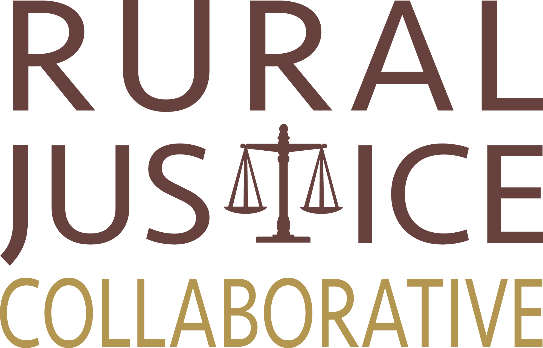
National Center for State Courts: Rural Justice Collaborative
September 1, 2023
Rural communities face unique challenges that impact their ability to deliver fair and equitable justice. Despite these challenges, rural communities rely on their many strengths to address the needs of their residents. In 2021, the National Center for State Courts, in partnership with Rulo Strategies, launched the Rural Justice Collaborative (RJC) to showcase the strengths …
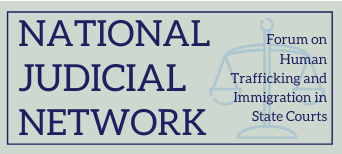
National Judicial Network: Forum on Human Trafficking and Immigration in State Courts
July 1, 2023
The National Judicial Network: A Lifeline Helping Judges Better Serve Human Trafficking Victims and Immigrant Victims of Crime and Abuse The National Judicial Network (NJN): Forum on Human Trafficking and Immigration in State Courts offers judges an opportunity for peer-to-peer learning and information sharing. Judges from all over the country who are interested in the …
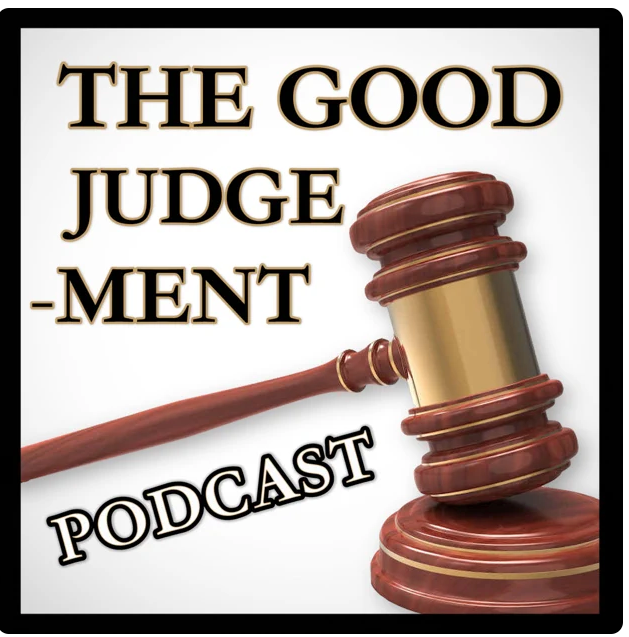
“The Good Judge-ment Podcast” Training Project: Georgia Council of Superior Court Judges
June 1, 2023
The Good Judge-ment Podcast is an educational, web-based podcast for judges, lawyers, students and nerds of all kinds. The podcast started in 2016 as a supplement to ongoing educational programming for Georgia Superior Court judges. From that beginning, it has grown to a bi-weekly program with hundreds of subscribers and over 125 episodes. The hosts, …

